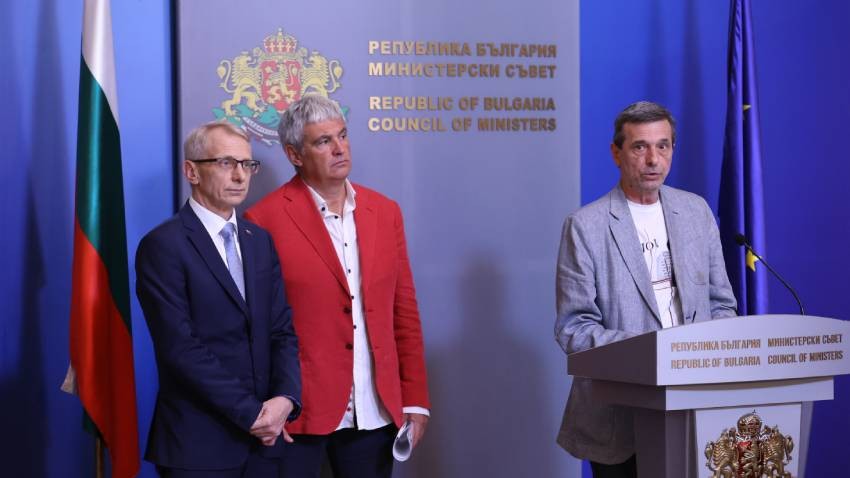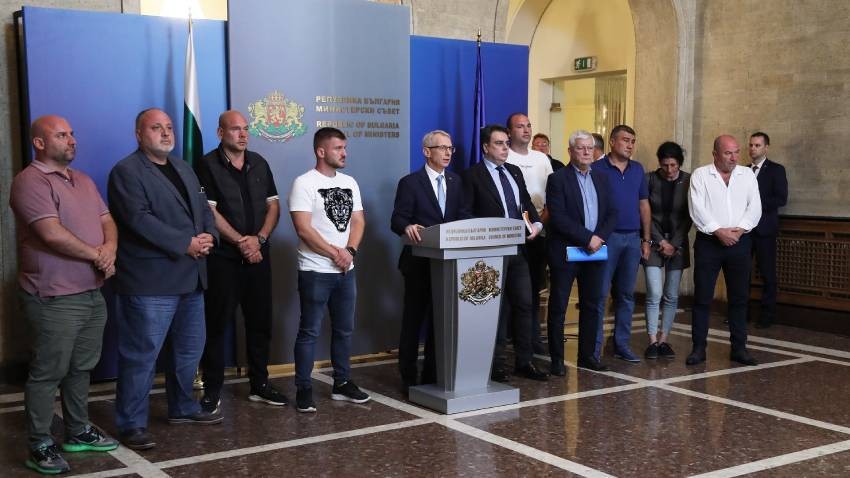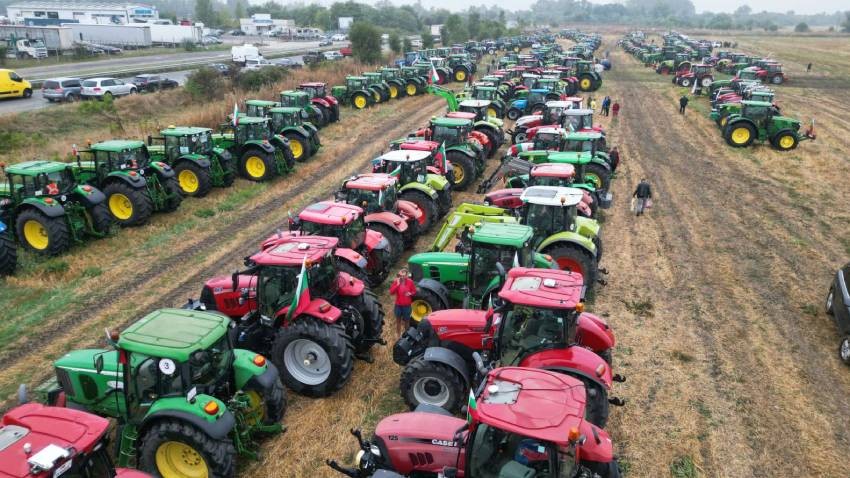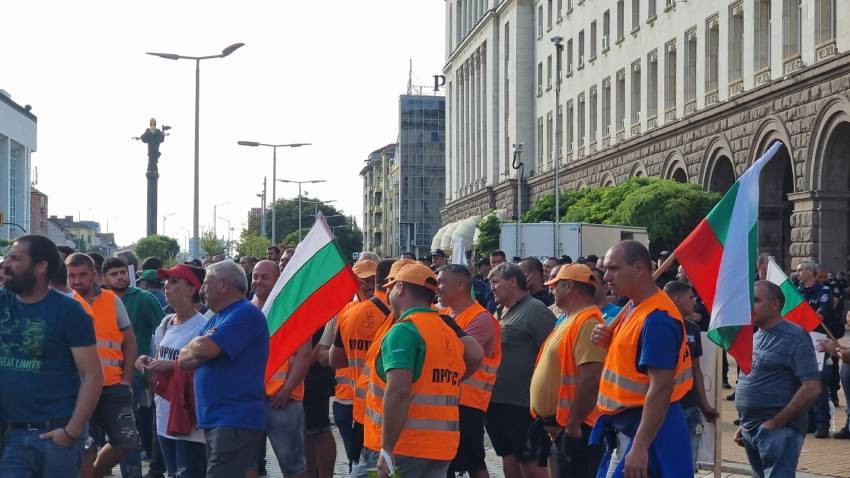



Heading south of Ivaylovgrad, we come across one of the strangest places in Bulgaria – welcome to Mandritsa! Founded in the 17th century by Albanian settlers, this Rhodope village has not only preserved its language, but also its distinctive tall..
For the tenth time in a row, from June 6 to 8 the festival "Everyday Life in Medieval Tarnovgrad" will gather participants from different parts of Europe to re-enact the historical events and life of the city as they were between the..
During graduation ball season and as the school year draws to an end, in June we take a look at what young people’s interests and concerns are on the cusp of a new chapter in their lives after finishing school. Teenagers usually have lots of dreams..
A delightful town, Pazardzhik, lies just 37 kms. from Bulgaria’s second biggest city, Plovdiv, and about 100 kms. to the Southeast of the country’s..
The Consulate General of Bulgaria in New York is opening its doors to interns and volunteers who want to gain a realistic idea of the diplomatic..
This year, Dilmana , a folklore dance group formed by our compatriots in Copenhagen, will visit Bulgaria for the first time to take part in the Na Armane..

+359 2 9336 661
